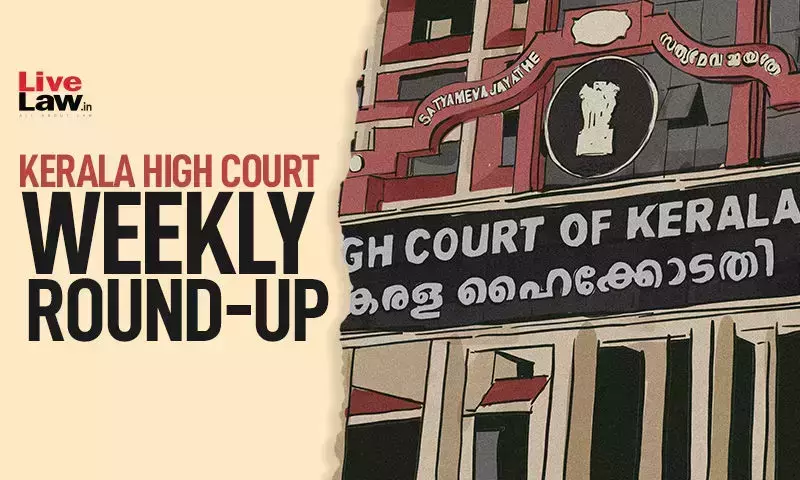Next Story
1 Oct 2023 7:22 PM IST
Nominal Index [Citations: 2023 LiveLaw (Ker) 509-530] Suo Moto V State of Kerala 2023 LiveLaw (Ker) 509Sanil Kumar V. v. Authorized Officer, Indian Overseas Bank 2023 LiveLaw (Ker) 510 Smitha T T v. Sreeroop V 2023 LiveLaw (Ker) 511Pathanapuram Taluk Samajam & Ors. v. K.K. Surendran & Ors. 2023 LiveLaw (Ker) 512Mansoor & Ors. v. State of Kerala & Anr. 2023 LiveLaw (Ker)...

